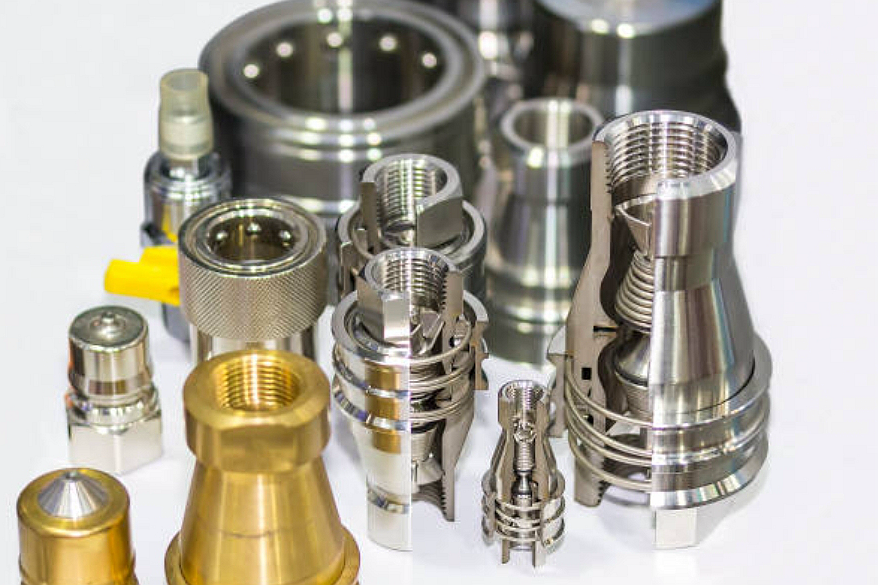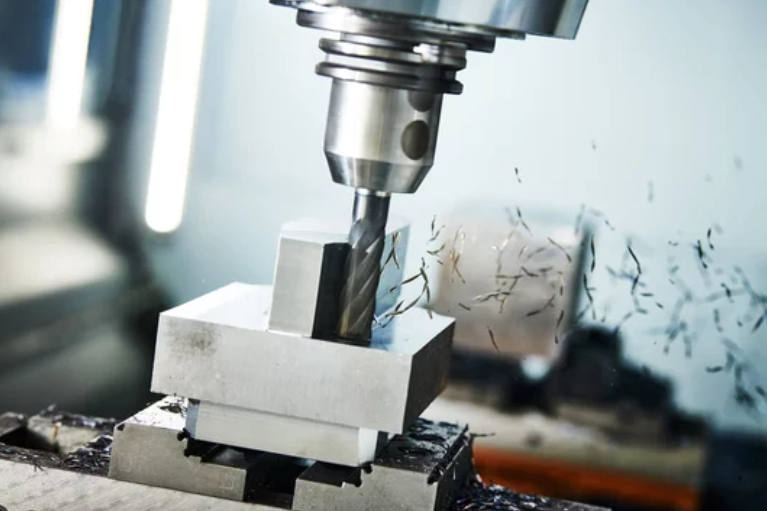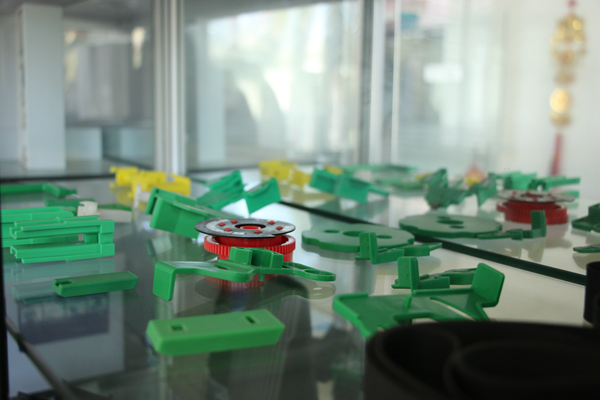What are common CNC machining methods used for precision parts?
What Are Common CNC Machining Methods Used for Precision Parts?
Precision CNC Machining: Core Techniques and Their Functions
Precision CNC machining involves subtractive manufacturing processes that shape raw materials into complex, high-tolerance components. The most commonly used CNC machining methods offer various advantages in accuracy, surface finish, and scalability. These processes are often combined to meet strict tolerances (±0.01 mm or tighter) required in aerospace, medical, and semiconductor industries.
CNC Milling
CNC milling is the most versatile method, using rotating cutters to remove material along multiple axes. It supports 3-, 4-, and 5-axis operations, enabling the creation of parts with intricate contours, cavities, and tight geometries.
Typical Tolerance: ±0.01–0.05 mm
Applications: Housings, manifolds, engine components
Materials: Aluminum 6061/7075, stainless steel, titanium
CNC Turning
CNC turning uses a rotating workpiece and a stationary cutting tool to form cylindrical components. It's ideal for concentric shapes and offers exceptional dimensional control along the radial and axial axes.
Typical Tolerance: ±0.01–0.025 mm
Applications: Shafts, bushings, threaded parts
Materials: Tool steel, copper alloys, Inconel
5-Axis CNC Machining
5-axis machining allows simultaneous movement along X, Y, Z, and two rotary axes. This reduces setups, increases precision, and enables fabrication of complex 3D geometries.
Typical Tolerance: ±0.005–0.01 mm
Applications: Aerospace turbine components, surgical implants
Benefits: Eliminates alignment errors across setups, enables undercuts and compound angles
Wire EDM (Electrical Discharge Machining)
Wire EDM uses a high-voltage electrical spark to erode material from conductive workpieces. It’s ideal for producing sharp internal corners, narrow slots, and intricate profiles.
Typical Tolerance: ±0.002–0.005 mm
Applications: Mold inserts, gear dies, precision tooling
Materials: Hardened tool steels, titanium, superalloys
CNC Grinding
CNC surface and cylindrical grinding are used as finishing operations to achieve sub-micron flatness, roundness, and surface finishes down to Ra 0.2 µm.
Typical Tolerance: ±0.001–0.003 mm
Applications: Valve seats, bearing races, high-precision tools
Supporting Services to Optimize Precision
Neway’s capabilities include:
CNC Prototyping to validate part design before volume production
Multi-axis CNC Machining for geometrically complex precision parts
Material Selection Support for matching alloys with tolerance and stability requirements
With ±0.01 mm accuracy, automated inspection, and advanced toolpath control, Neway ensures high-repeatability production for all precision CNC parts.



